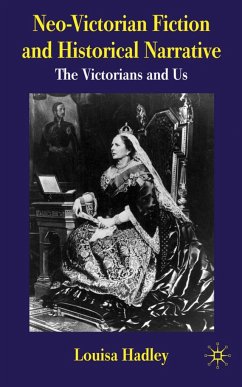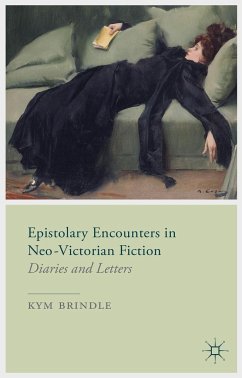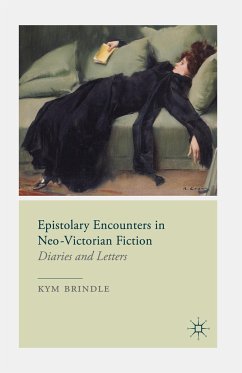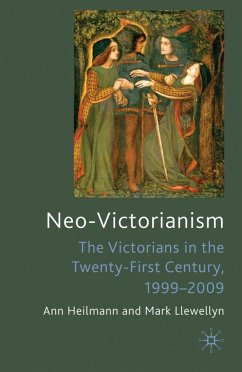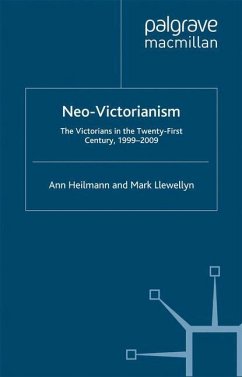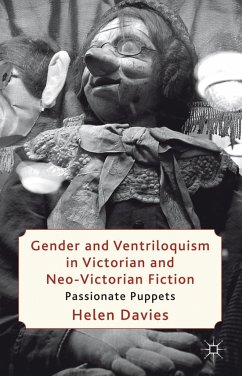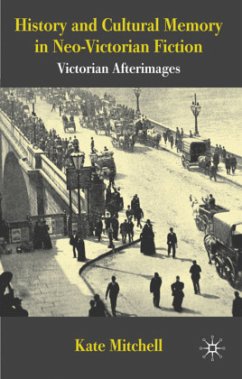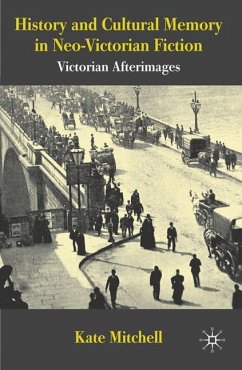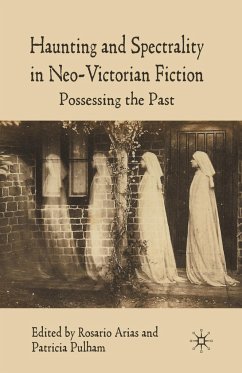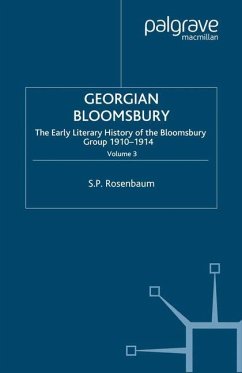
Neo-Victorian Fiction and Historical Narrative
The Victorians and Us
Versandkostenfrei!
Versandfertig in 6-10 Tagen
38,99 €
inkl. MwSt.
Weitere Ausgaben:

PAYBACK Punkte
19 °P sammeln!
Placing the popular genre of neo-Victorian fiction within the context of the contemporary cultural fascination with the Victorians, this book argues that these novels are distinguished by a commitment to historical specificity and understands them within their contemporary context and the context of Victorian historical and literary narratives.





